Speaker Bios
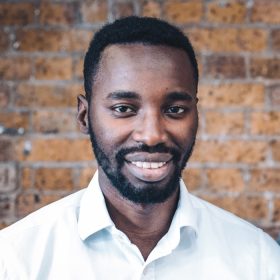
Tomide Adesanmi is an electronic systems engineer and cofounder/CEO of Circuit Mind. Before Circuit Mind, he was an electronic systems engineer at BAE Systems, developing high integrity heads-up display systems and helmet-mounted display systems for jet fighter pilots.
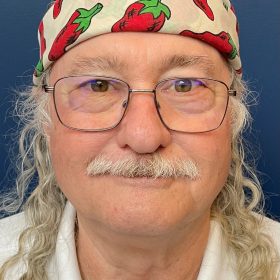
Daniel Beeker is technical director at NXP Semiconductor, where he provides applications support and special function development tools and instrumentation for NXP Automotive customers worldwide. He has more than 44 years’ experience in electronics system design and EMC. He also specializes in EMC and signal integrity design techniques for systems and PCBs. He has completed more than 200 PCB design evaluations for customers and internal NXP products. He teaches field-based design techniques at NXP and industry conferences worldwide, with more than 100 sessions with more than 5,000 attendees since 2010. He is also involved with NXP IC package design and IC development tool teams to support improved EMC performance, working on more than 20 IC designs. His unique approach to EMC is the result of many years of collaboration with one of the fathers of the industry, Ralph Morrison.
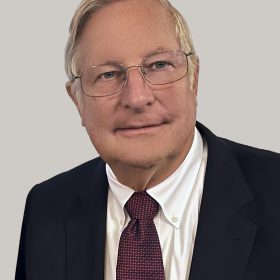
Peter Bigelow, the most recent inductee to the IPC Raymond E. Pritchard Hall of Fame and past president of the Boston chapter of the SMTA has been a monthly columnist for Printed Circuit Design and Fabrication Magazine for more than 15 years.
Active in the printed circuit board industry (PCB) for more than 30 years, Bigelow served on the IPC Board of Directors for 11 years, helping to shape IPC’s strategic objectives. He has been actively involved with the PCB Management Council, is also a member of the IPC Thought Leaders Program. eight IPC committees, serving as Chair of the PCB/IMS Presidents Management Council Steering Committee. He is a member of the Government Relations Grassroots Participants, the Trusted Supplier Task Group, the Cybersecurity Protection Standard Task Group, and two IPC A-Teams.
He was President of FTG Circuits in Haverhill, Mass., focusing on the military, RF/ microwave, and aerospace markets. For 22 years before its acquisition by FTG, Peter was CEO of IMl, Inc., a leading AS9100, MIL, and IPC-1791 certified and ITAR-registered fabricator of PCBs and substrates.
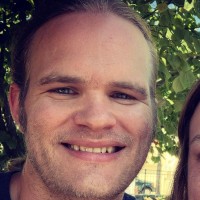
Caleb Buck is an electrical engineer and PCB designer with 13 years’ experience as a PCB designer and nine years designing Li-Ion battery systems for military, aviation and aerospace applications. He has spent the past six years focusing on how to increase PCB assembly reliability in harsh environments and in this work he has found PCB cleanliness to be of critical importance for mission-critical and life-critical systems.

Karen Burnham has worked in and around the aerospace, defense, automotive and broader consulting world since 1996. She has a bachelor’s in physics, a master’s in electrical engineering and a talent for translating EMC to English. She has managed requirements and test planning for NASA and the Dream Chaser spaceship and others. She has done troubleshooting on electric vehicles for Ford Motor Co. and others. She sits on multiple international standards committees, landing her in her current role of VP of Standards for the IEEE EMC Society. Burnham founded EMC United, Inc. in 2024 to focus on helping companies and hardware designers solve EMC problems, ideally before they start. She believes that, far from being black magic, EMC can be understandable (and even fun!), and she hopes to spread that passion.
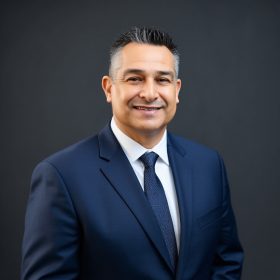
Stephen V. Chavez, CPCD-I is a principal printed circuit engineer with three decades of experience. He is acknowledged throughout the industry as a global subject matter expert (SME) in PCB design. His continued career evolution has elevated him to industry thought leadership and as an influencer regarding printed circuit engineering. He is currently principal technical product marketing manager with Siemens. He’s an editor/contributor to industry publications and host of the Printed Circuit Podcast. He is a coauthor and instructor of the PCEA Training curriculum and certification (PCEA Certified Printed Circuit Designer, or CPCD).
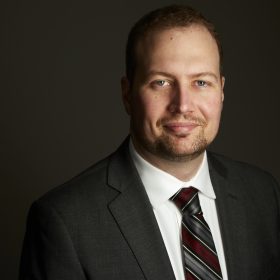
Tomas Chester, P.Eng., CPCD-I, has over a decade of experience designing hardware products through all phases of its lifecycle. He has managed a variety of multifaceted, interdisciplinary projects, from simple interconnect interfaces to complex microprocessors. His creative designs utilize cutting-edge manufacturing techniques, while adhering to strict industry standards and specifications. Chester has extensive experience designing standalone single-sided circuit boards, as well as multi-board assemblies with mechanical integration. With an engineering systems and computing degree from The University of Guelph, he is now sharing his knowledge by instructing Altium and PCB engineering design courses.
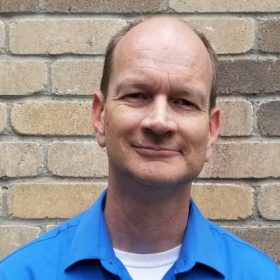
Keven Coates’ career spans 32 years of embedded processor digital/analog systems, high-speed PCB layout/signal integrity, very-low-noise circuits, high-power circuits, thermal management, battery safety, battery management and battery interface circuits for consumer, industrial and automotive designs. He’s currently a senior electrical engineer at Novium Designs, working on designs for the next international space station. He holds a bachelor’s degree in engineering from Texas A&M University.
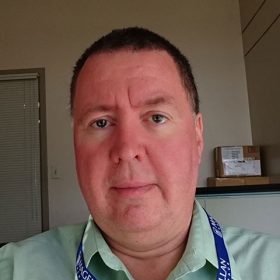
Paul Cooke has more than 30 years of experience in printed board (PWB) design and manufacturing. He has held senior positions in operations, quality, process engineering and field application engineering, at some of the top North American PCB manufacturers. He serves on a number of IPC technical committees and cochairs the task group for IPC-9121, Troubleshooting for Printed Circuit Boards. He is a member of the IPC Technical Program Committee. He has coauthored numerous technical papers and works with Tier 1 designers in the avionics and space industry to design and develop products that need to have extended life, focusing on PCB design and reliability. Cooke has provided design for manufacture (DfM) consulting services to the industry along with extensive training/educational presentations from PCB 101 through Enhanced Reliability. He is also the team leader on a number of HDPUG projects and a member of numerous projects.
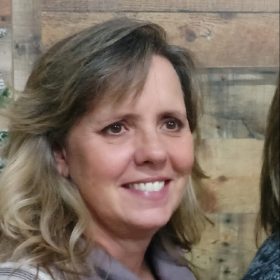
Terrie Duffy is a senior printed circuit board designer at McCauley Design Group, and an adjunct professor at Austin Community College. She has a bachelor’s in computer science from Texas A&M.
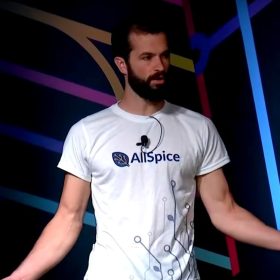
Kyle Dumont is an electrical engineer and cofounder and CTO of AllSpice.io. He has a background in electrical engineering product design, having taken products from concept to mass-manufacturing at iRobot and Voxel8. He specialized in hardware system integration and sensor design, holding five patents in these areas. Dumont has bachelor’s and master’s degrees in engineering with a focus on computer engineering and machine learning from Northeastern University and an MBA from Harvard.
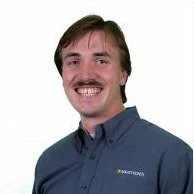
James Eck has been working in hardware design for 10 years. He specialized in RF PCB design, including filters and antennas, but has also worked with digital design including radar processing and networking PCBs.
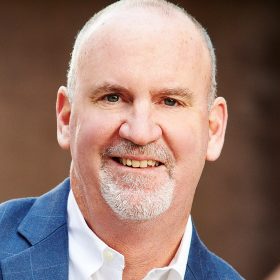
Bob Ferguson is president and CEO of Schmid Systems Inc., the US subsidiary of Germany-based Schmid Group, where he leads operations and strategic growth across key sectors such as electronics, photovoltaics, energy systems and customer service. With over 30 years of leadership experience in specialty chemicals and electronic materials, Ferguson brings a deep expertise in strategic planning, sales and marketing, M&A, and global sourcing.
A seasoned executive with a global perspective, Ferguson spent eight years in Asia in senior leadership roles, including at Avantor Performance Materials and Veeco Instruments. At Avantor, he led the turnaround of the semiconductor division, and at Veeco, he drove Asia business development. Earlier in his career, he held senior roles at Dow Chemical, including corporate vice president of Electronic Materials.
In 2015, Ferguson founded Breakfree Strategies LLC, a boutique consultancy advising small and mid-sized firms on M&A, talent development, and growth strategies. He has worked with clients including Dow, Lockheed Martin Energy, RBP Chemical, Edgewater Capital Partners, and Eternal Chemicals, where he currently leads US strategy for its photoresist business.
Ferguson serves on the advisory board of the International Semiconductor Executive Summits (ISES) and is a former chair and board member of IPC International. He also served on the board of Nichigo Morton, a joint venture between Rohm and Haas and Nippon Gohsei.
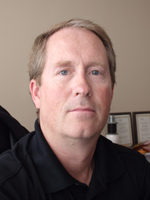
Mark Finstad is director of engineering at Flexible Circuit Technologies. He co-chairs the IPC-2223, Flexible Circuit Design standard, sits on IPC-6013, IPC-4202, IPC-4203 and IPC-4204 committees, and has over 35 years of experience designing and manufacturing flexible circuits for commercial, medical, and military/avionics applications. He has authored articles in numerous trade magazines, and currently coauthors the “Ask the Flexperts” column for PCD&F magazine with Nick Koop.
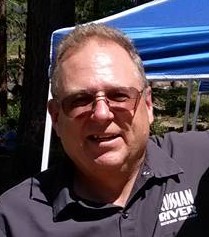
Ray Fugitt is technical sales manager at Downstream Technologies. He has 37 years’ printed circuit board experience, 11 at Hadco in product and CAM engineering. In 2002, he joined DownStream in technical marketing and later, technical sales positions, where he supports and provides training for the BluePrint PCB and CAM350 products.
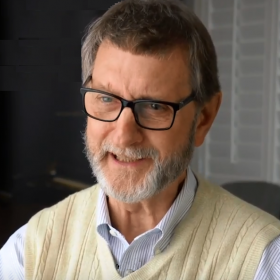
Rick Hartley, a retired senior principal engineer at L-3 Avionics Systems, is principal of RHartley Enterprises, through which he consults and teaches internationally. His focus is on correct design of circuits and PC boards to prevent and/or resolve EMI, noise and signal integrity problems. He has consulted with major corporations in the US and 14 other countries. His career has focused on computers, telecommunications and aircraft avionics, as well as medical, automotive and appliances. He has taught seminars at numerous conferences, including the IEEE EMC Symposium, PCB West, IPC Apex Expo and others. He is on the board of directors of the Printed Circuit Engineering Association, a past member of the Editorial Review Board of Printed Circuit Design magazine and has written numerous technical papers and articles on methods to control noise, EMI and signal integrity.
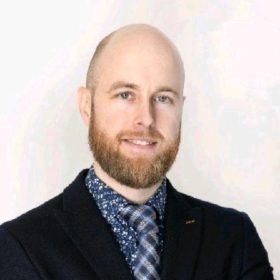
Troy Hopkins, CPCD-I is a seasoned hardware designer with over 15 years of experience in the electronics industry. His expertise encompasses all aspects of the hardware design process, from initial concept through to manufacturing, ensuring that each product meets stringent quality and performance requirements, across many different industries and applications. Beyond teaching internationally, he also consults with major corporations and startups in the design and development of electronic hardware and printed circuit boards.
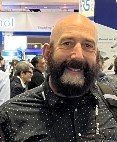
Chris Hunrath‘s PCB history goes back to 1983 with Multiwire and Additive Copper plating. Since then Chris’s experience has spanned PCB fabricators, Equipment Manufacturers, and Electronic Material suppliers. He is passionate about the material science of PCB’s from metal deposition technology to dielectric performance properties. Chris is a member of the IPC-4101 committee and has presented technical papers at APEX, Design Con and PCB West. Chris hold a patent on Pad Cratering solutions and is CID+ certified.
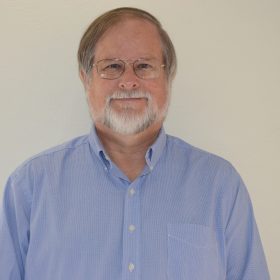
Dana Korf is senior technology director and FAE director at Victory Giant Technology in Huizhou, China, and principal consultant at Korf Consultancy. With over 45 years in the electronics industry, Korf is a recognized expert in improving design-to-manufacturing data transfer for PCB fabrication and assembly. He works closely with software providers, manufacturers, OEMs, and standards organizations to drive advancements in data quality and digital manufacturing.
Throughout his career, Korf has held senior roles at global companies such as Huawei, Multek, Sanmina, and Nano Dimension. He is a leading voice in standards development, currently serving as chair of IPC and ASTM subcommittees on additive manufactured electronics, and a key contributor to the IPC-2581 intelligent data consortium.
Korf is recipient of the IPC President’s Award and Special Recognition Awards for his contributions to high-speed design standards and digital twin technologies.

Keith Kowal has been vice president of engineering at two startup companies including AT/Comm, a predecessor to EZPass, and at Ergo Computing, which developed a portable desktop PC as well as the first docking station. He was also part of a startup developing videoconferencing equipment, now called Polycom. He has experience at several medical companies, including Philips. He has published technical articles in PCB Design and has been a presenter at many technical conferences. He currently owns an electronics design consulting service and works for Applied Materials. He has taught at MIT as an electronic technical instructor, and holds a master’s from Boston University in computer engineering.
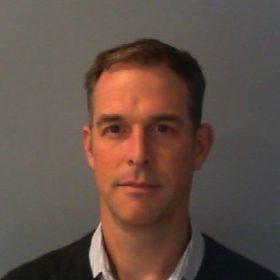
Matthew Leary has been designing PCBs full-time since 1996. He is a graduate of the University of Wisconsin-Madison with a degree in physics. He currently works at Newgrange Design, a Boston-area PCB design service bureau.
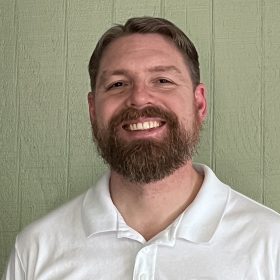
Ryan Miller is a field application engineer for NCAB Group. His engineering career started at the factory direct level with a prototype domestic PCB fabricator. He has over a decade of experience in PCB manufacturing, DFM Analysis and stackup design. His expertise provides clients with the insight and tools needed to have their designs in sync with the manufacturing process. Miller holds a bachelor’s in electronics engineering technology from DeVry University.
.
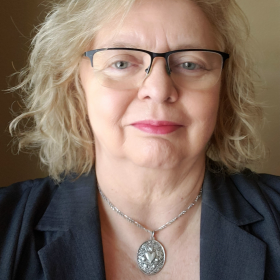
Charlene McCauley has over 42 years’ experience as a PCB and mechanical designer, 21 as the founder and manager of two design service bureaus. For the past 13 years, she has led McCauley Design Group, where she has served 50+ customers in the server, semiconductor, space, military aircraft, radar, satellite, medical, simulator, oil field industries. She has eight years’ experience as an adjunct professor at Austin Community College teaching PCB design, electrical/electronic design, and technical drafting. She was employed at Dell for nine years as a senior PCB designer for the rack, tower, blade server, and storage systems, and now provides design services for Dell’s Precision laptop and server systems. She also provides Allegro/OrCAD training for her customers’ engineering departments.
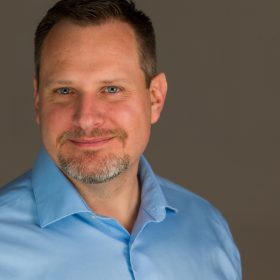
Sean Patterson is an accomplished executive with extensive C-suite experience across CRO, COO and CTO roles who now specializes in humanizing artificial intelligence implementation in business environments as founder of CrossGen AI.
Patterson’s unique approach to AI implementation stems from his multifaceted leadership experience in the PCB industry, including serving as COO and CTO & head of AI at Summit Interconnect, various senior positions at TTM Technologies, and CRO of Nano Dimension. He is a former executive at Amazon who built Amazon’s tractor trailer division and healthcare platforms, and he is also a veteran US Navy Submarine Officer.
Patterson brings practical insights into how PCB manufacturers can approach AI adoption strategically. His methodology emphasizes cultural adoption from the top, employee empowerment, and automation. His approach to AI implementation is captured in his often-quoted principle: “AI adoption is not something a leader can delegate.”
Patterson holds a master’s in nuclear science and engineering from MIT and a bachelor’s in systems engineering with a focus on robotics from the United States Naval Academy.
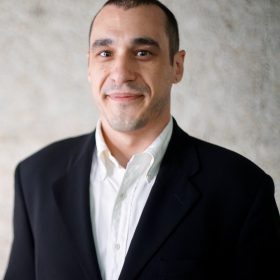
Zachariah Peterson has an extensive technical background in academia and industry. He currently provides research, design, and marketing services to electronics companies. Prior to working in the PCB industry, he taught at Portland State University. His background in scientific research spans topics in nanoparticle lasers, electronic and optoelectronic semiconductor devices, environmental sensors, and stochastics. His work has been published in over a dozen peer-reviewed journals and conference proceedings, and he has written hundreds of technical blogs on PCB design for a number of companies. He currently works with other companies in the electronics industry providing design, research, and marketing services. He is a member of IEEE Photonics Society, IEEE Electronics Packaging Society, American Physical Society, and the Printed Circuit Engineering Association (PCEA). He previously served as a voting member on the INCITS Quantum Computing Technical Advisory Committee and he currently serves on the IEEE P3186 Working Group
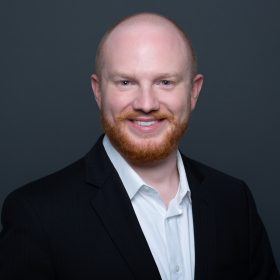
Ethan Pierce is founder of Dodec Labs. An electrical engineer by trade, he has spent his career building, consumer, medical and defense connected products at leading companies such as Apple, to leading IoT companies, such as Blues Wireless and Particle. His specialty is maintaining holistic design intent from concept to mass production, producing high performance hardware designs..
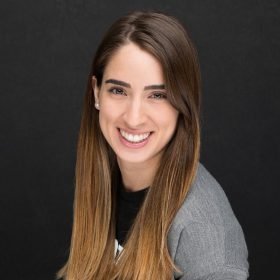
Valentina Ratner is a mechanical engineer and cofounder and CEO of AllSpice.io, a collaboration platform for teams developing hardware. Prior to launching AllSpice out of graduate school, she worked at Amazon as a PM, managing infrastructure projects and internal productivity tools. She has a bachelor’s in mechanical engineering from Boston University, an master’s in engineering (computer science), and an MBA from Harvard.
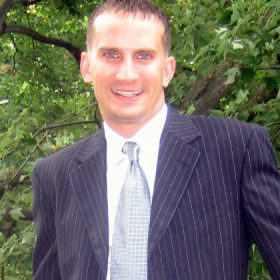
Mike Tucker is director of engineering and technology at Millennium Circuits (MCL). He has over 27 years; technical experience in PCB manufacturing (rigid/rigid-flex/HDI/flex/MPCB). He has been responsible for the development and implementation of manufacturing processes and methodologies to drive the company’s technology curve, capabilities, and competitiveness. He is an expert in front-end engineering, CAM tools, automation of CAM tooling, integration of CAM tools with MRP/ERP/shop-floor operations and software development of shop-floor software operations. He works closely with engineers, designers, program managers and OEMs to build mission critical parts from concept to prototype to production.
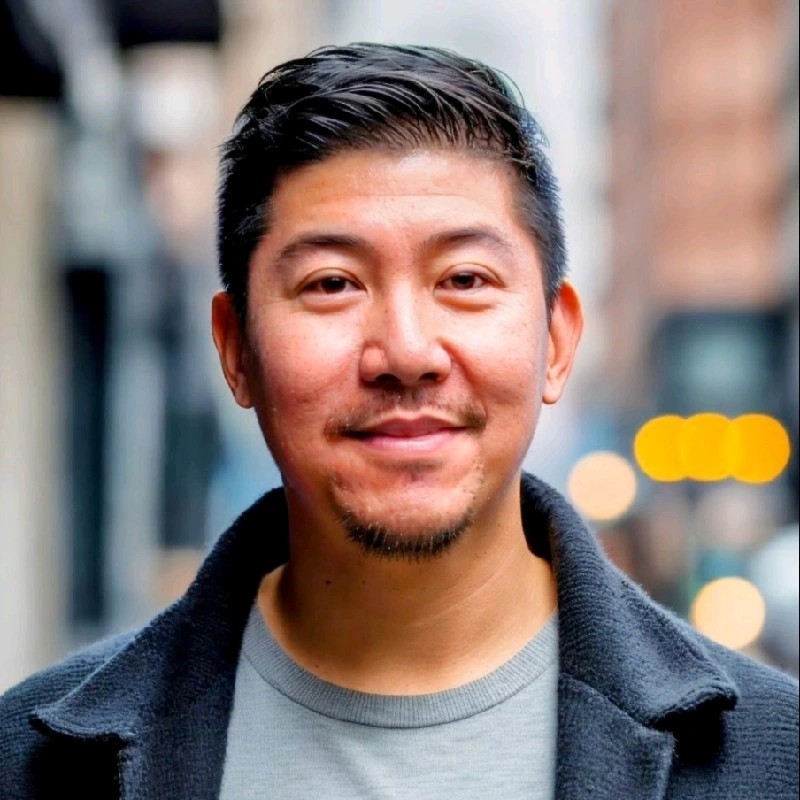
Chun-ting “Tim” WangLee, Ph.D., a signal integrity application scientist at Keysight Technologies, brings clarity to the complexities of signal integrity. With a Ph.D. from the University of Colorado at Boulder, his expertise goes beyond understanding how circuit board fabrication processes impact the simulation and measurement correlation. His contributions to the signal integrity industry have earned him DesignCon’s 40-Under-40 recognition. Known for his captivating presentations and engaging delivery style, he communicates complex concepts with clarity. His goal is to empower engineers to navigate the intricacies of signal integrity with confidence.
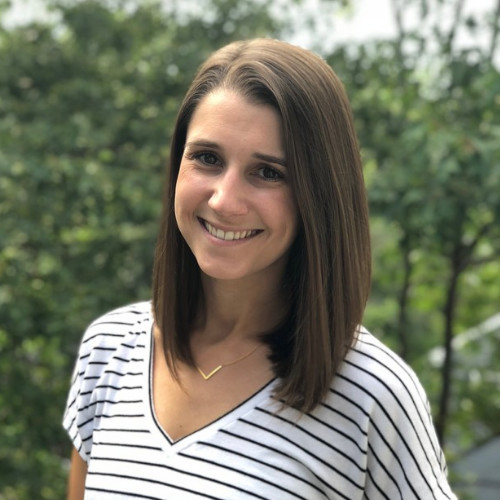
Lauren Waslick is PCB design director at Newgrange Design. She is also a senior PCB designer with over 12 years of experience. She runs the PCB design department, which includes over 25 designers, and oversees the training program. Working at a service bureau for 12 years grants her extensive design experience across many industries, including medical, consumer products, defense, aerospace, alternative energy, robotics and more. She specializes in flex design, as well as HDI and high-speed, and has worked on hundreds of circuit board designs in her career. In 2019, she received her MBA from Babson College.
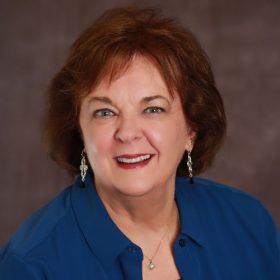
Susy Webb, CID, is a senior PCB designer with 40 years of experience. Her career includes experience in coastal and oceanographic oil exploration and monitoring equipment, point-to-point microwave network systems, and CPCI and ATX computer motherboards. Webb is a regular speaker at PCB East and PCB West, and international design conferences, and consults for individual companies and PCEA chapters. Her presentations discuss practical implementation of complex engineering concepts into board layout and methods to improve the overall design and flow of printed circuit boards. She is CID certified, a former writer/columnist for PCD&F, a chapter writer for Clyde Coombs’ Printed Circuits Handbook, and one of the judges for the annual TLA competition. Webb is also an active member of the PCEA Executive Board and education committee and is a member and past president of the Houston Chapter of the Designers Council.
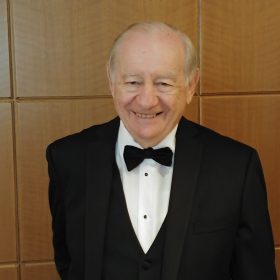
Gene Weiner is founder and president of Weiner International and founding partner of Quantum Performance Group. His global executive experience includes president of a copper-clad laminate company, vice president of business development of an Occidental Petroleum subsidiary, member of the board of directors of a $750 million public company, and chairman of the advisory board of directors of a $250+ million public company. His industry “firsts” include building the first print wired memory plane by additive technologies, introducing alkaline etchant, and introducing aqueous processing dry film photoresist. He is a recipient of the IPC’s President Award, a member of the IPC Raymond E. Pritchard Hall of Fame (the association’s highest form of recognition), and was voted one of the PCB industry’s 10 most influential people.
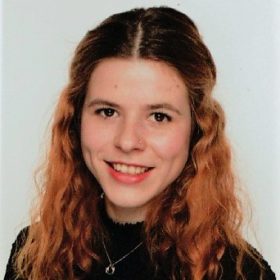
Celia Wenzler is currently director of PCB technology at Notion Systems. She studied print and media technology and focused on printed electronics during her studies. Her collaboration with Notion Systems began during her master’s thesis on “Standards in PCB Manufacturing,” where she specialized in the topic of printed circuit boards. She quickly gained experience in the PCB sector when she joined as an application engineer and has been leading the PCB team for over 2.5 years.

Robin Wieland studied mechanical engineering. He is now working as a product quality and reliability engineer at Dyconex in high-quality PCB manufacturing for medical applications in Switzerland. His area is the reliability testing for flex and rigid boards, especially the application of thermal cycling, environmental testing and interconnect stress test. Wieland is part of a joint venture project with ETH Zurich to investigate microvia quality in PCBs.
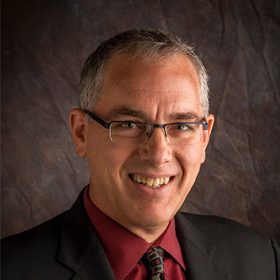
David Wiens has held various engineering, marketing and management positions within the EDA industry over the past 35+ years. His focus areas have included advanced packaging, high-speed design, routing technology and integrated systems design. He is currently the product manager for the Xpedition Enterprise portfolio of products for electronics systems design. He holds a bachelor’s in computer science from the University of Kansas.
